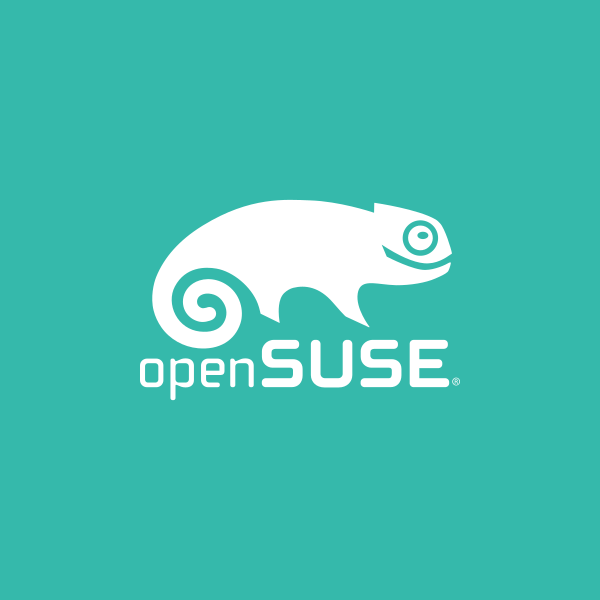phpMyAdmin
Administration of MySQL over the web
phpMyAdmin can manage a whole MySQL server (needs a super-user) as well as a single database. To accomplish the latter you'll need a properly set up MySQL user who can read/write only the desired database. It's up to you to look up the appropriate part in the MySQL manual. Currently phpMyAdmin can: * browse and drop databases, tables, views, fields and indexes * create, copy, drop, rename and alter databases, tables, fields and indexes * maintenance server, databases and tables, with proposals on server configuration * execute, edit and bookmark any SQL-statement, even batch-queries * load text files into tables * create^1 and read dumps of tables * export^1 data to various formats: CSV, XML, PDF, ISO/IEC 26300 - OpenDocument Text and Spreadsheet, Word, Excel and L^AT[E]X formats * import data and MySQL structures from Microsoft Excel and OpenDocument spreadsheets, as well as XML, CSV, and SQL files * administer multiple servers * manage MySQL users and privileges * check referential integrity in MyISAM tables * using Query-by-example (QBE), create complex queries automatically connecting required tables * create PDF graphics of your Database layout * search globally in a database or a subset of it * transform stored data into any format using a set of predefined functions, like displaying BLOB-data as image or download-link * track changes on databases, tables and views * support InnoDB tables and foreign keys (see FAQ 3.6) * support mysqli, the improved MySQL extension (see FAQ 1.17) * communicate in 57 different languages * synchronize two databases residing on the same as well as remote servers (see FAQ 9.1)
Ei virallista pakettia saatavilla: openSUSE Leap 16.0Jakelut
openSUSE Tumbleweed
openSUSE Slowroll
openSUSE Leap 16.0
openSUSE Leap 15.6
openSUSE Leap 15.5
SLFO 1.2
openSUSE Backports for SLE 15 SP4
SUSE SLE-15-SP1
RedHat RHEL-7
